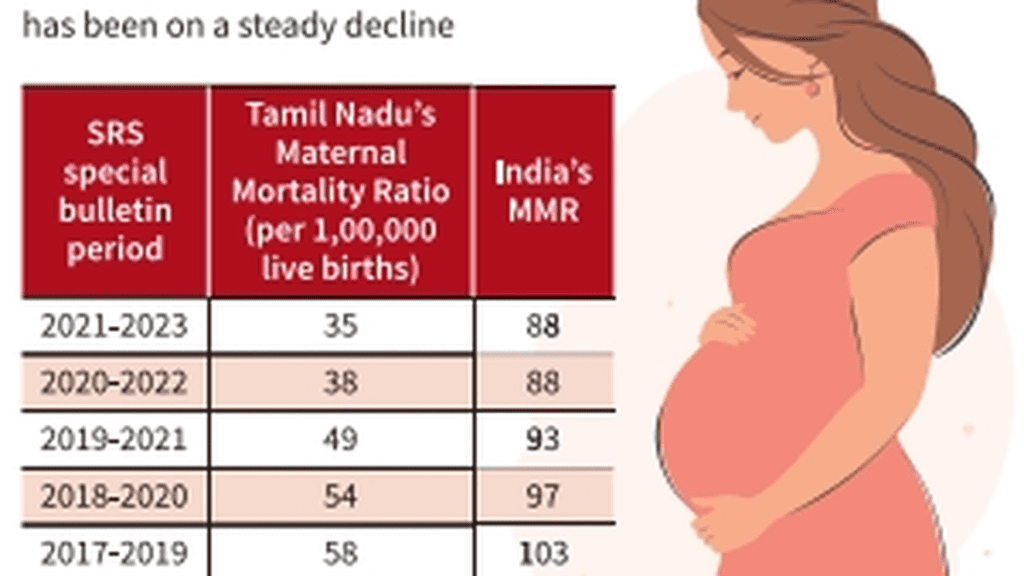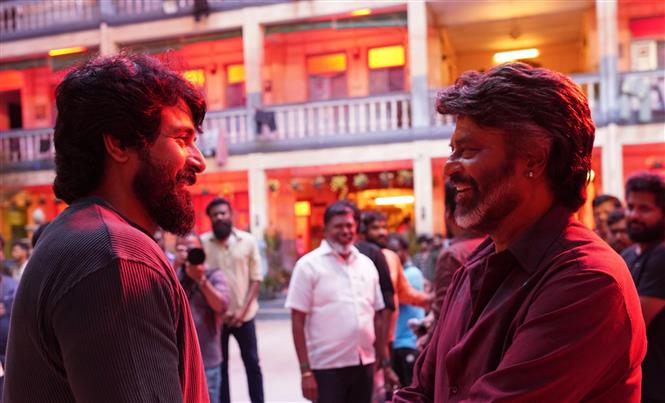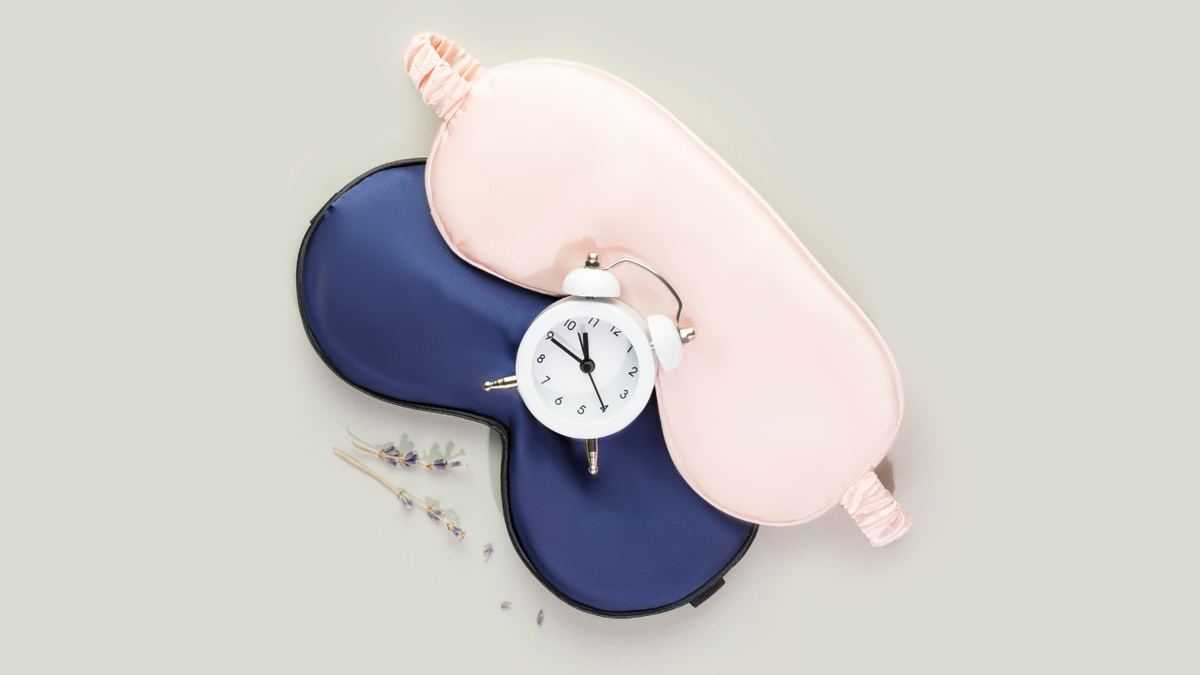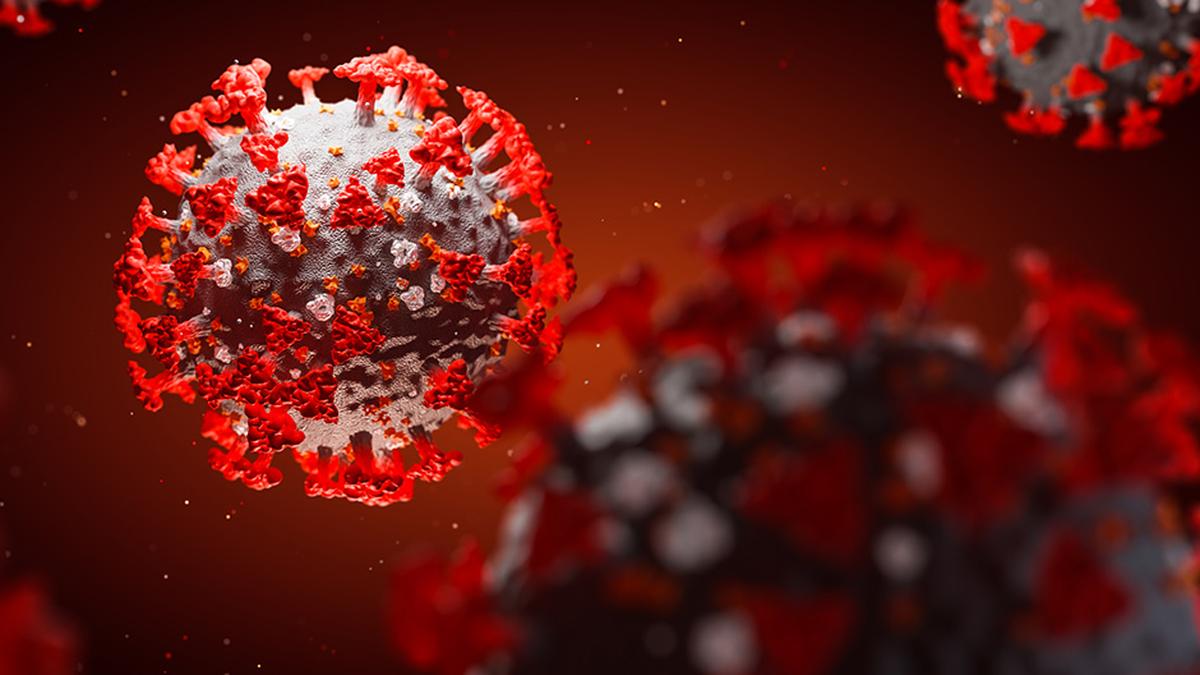India must up budgetary allocation for health to ensure quality standards of care: expert Premium

India must up budgetary allocation for health to ensure quality standards of care: expert Premium
India has miles to go before medical care is made accessible and affordable to all, says J.A. Jayalal, president of the Commonwealth Medical Association, United Kingdom.
Dr. Jayalal, who is also the national coordinator of the Indian Medical Association (IMA) UNESCO Bioethics chair, cites several concerns that ail the healthcare sector in the country today: the weak public health system, the selection of students for medical education, the conundrum of insurance schemes, the unregulated pharmaceutical industry — the core of the problem, he points out, is poor budgetary allocation for health. Even other developing countries allocate as much as 5% while countries such as Australia and Canada are setting aside as much as 14 to 15% of their budgets for health, he says.
“There [in developed countries], the health system is maintained mainly by the government. In India, unfortunately, only 30% of the healthcare is maintained by the government while 70% is in the private sector,” he points out, adding: “As per the Constitution, health is the duty of the State, but the government is shirking its responsibility, and this is a major concern.”
Health is not only about curing people of diseases, but is also about ensuring a healthy environment, he avers. “Even after the COVID-19 pandemic, which taught us that ensuring good health is important, the Indian government allocates less than 2% of its GDP for health,” he says.
India exports pharmaceutical products but is remiss about ensuring quality products. Dr. Jayalal blames the culture of “L1“ (lowest quotation) for the spread of spurious, substandard drugs. India must address its concern about drug regulations. “Every pharmaceutical company should have a mechanism to track the drug as a GMP (good manufacturing practice). Among doctors there is concern about the efficacy of the drugs they prescribe,” he reveals.
Unlike Western countries, in India, access to a doctor “is very robust” but quality, accredited systems are lacking, he says. “The first requirement is accessibility; we have far exceeded Western countries. India has 14 lakh doctors in modern medicine and another 8 lakh doctors in the Indian systems of medicine. We need to go a step higher and standardise treatment, equitable treatment for all. We need more budgetary allocation for this,” he argues.
Dr. Jayalal is a member in the governing council of the Tamil Nadu Dr. MGR Medical University. Even Tamil Nadu, considered better when compared to some States in the north, is lagging, according to him. As many as 25% of sanctioned posts in government healthcare facilities are vacant. State and Central governments are appointing doctors on contract, he rues.
The insurance system has been built to provide finance to develop government healthcare facilities but then it is the duty of the government to maintain the hospitals, he says, citing how under the Ayushmaan Bharat scheme 80% of the money is spent on government hospitals.
“The right to choose a doctor and hospital should be with the individual. The insurance sector alone takes 30% as ‘administrative charges’. The Jan Aushadi Kendra scheme (where outlets sell low-cost generic medicines) that the Union government launched several years ago with much fanfare has languished. “By now it should should have been started in every nook and cranny of the country but that has not happened,” he claims.










